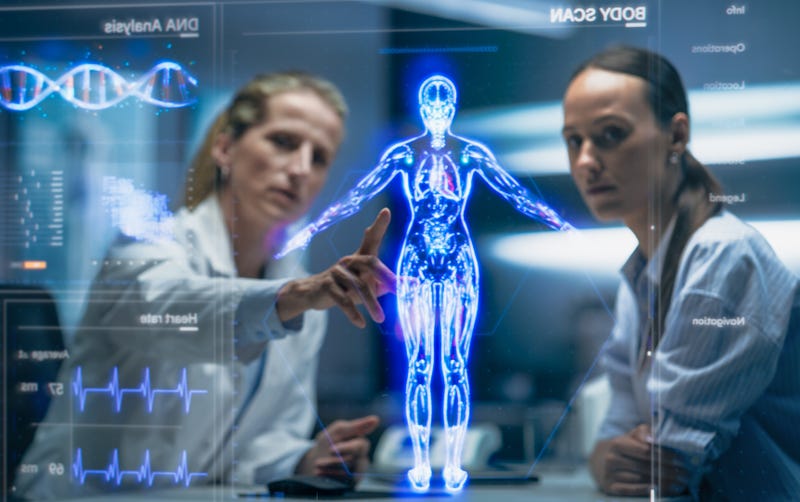
Artificial Intelligence has found its way into healthcare. And specifically in treating those with addiction.
When it comes to AI, Rannon Arch with the Hazelden Betty Ford Foundation says it's important to use caution, particularly for those undergoing addiction treatment.
"People in addiction recovery are in a very vulnerable state often, and they should really have a say in how AI tools are designed and used in their care," Arch explains. "So patients should be allowed to opt-out of that if that is being used at a healthcare entity."
Arch says clinicians are finding AI useful when it comes to notation services and session recordings. And that gives clinicians more time with patients, adding that there likely will be future benefits to AI in a clinical setting.
"I think the big thing that AI affords us is being able to use data to give the right help at the right time, before a recurrence episode happens with our patients," he says.
Artificial Intelligence is making a difference when it comes to addiction treatment and recovery.
Arch adds that AI is helping free clinicians from spending a lot of time in front of a computer screen as well.
"And just focus more on the patient needs," Arch tells WCCO. "There's a lot of AI session recording and individual coaching training that can be done through AI as well to help better inform our staff on how to lean into more evidence-based care and quality care."
Arch says there are concerns about AI platforms, such as Chat GPT, and people using them for support, coping skills, or addiction treatment. That concern is due to their lack of an evidence-based approach to care.
Still, Arch does say there are even more possibilities in the near future.
"In the hopeful future, we can use it to analyze patterns in our patient's speech, in their writing, or in their wearable data so that we can start to create a generative model that can tell us when shifts in mood are happening or craving cues or hopelessness," Arch explained.
